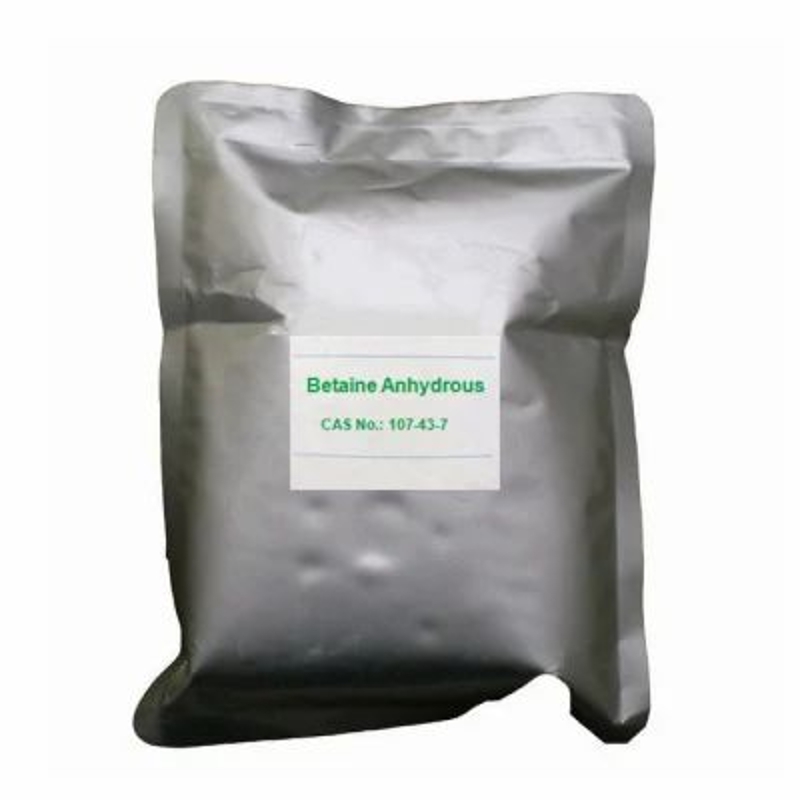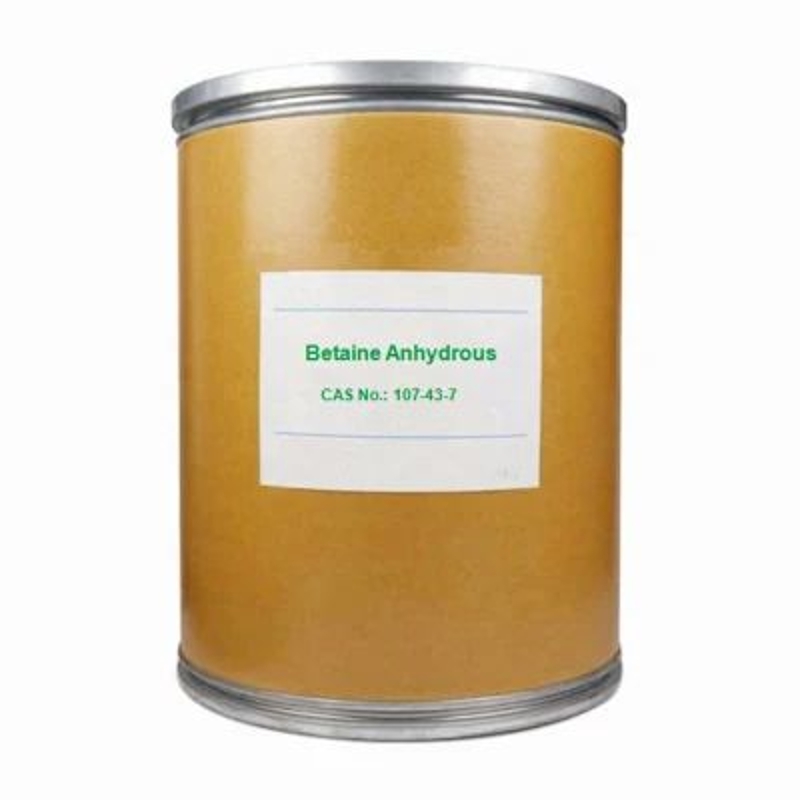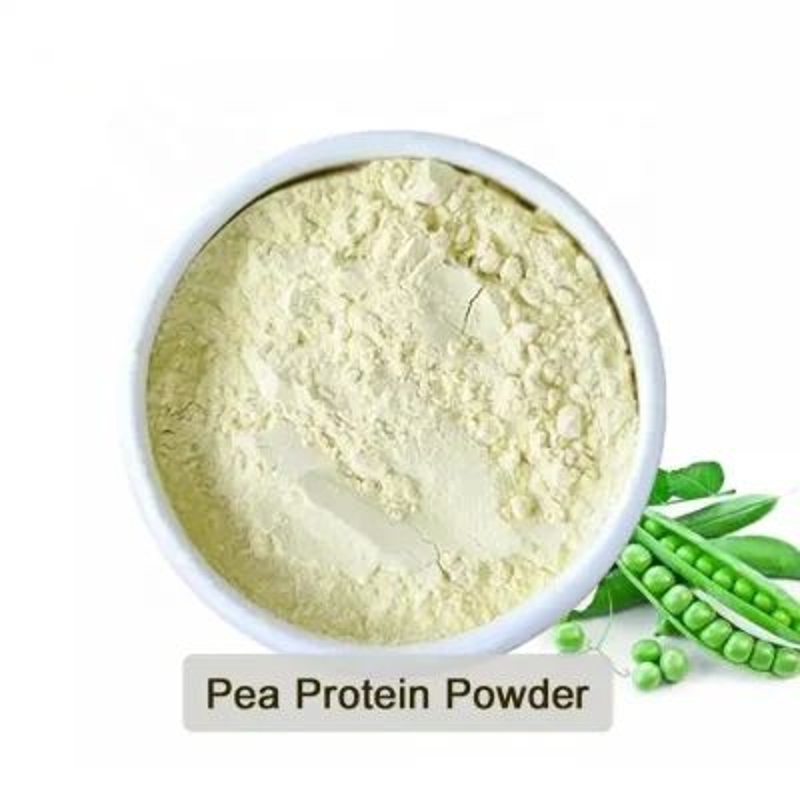-
Categories
-
Pharmaceutical Intermediates
-
Active Pharmaceutical Ingredients
-
Food Additives
- Industrial Coatings
- Agrochemicals
- Dyes and Pigments
- Surfactant
- Flavors and Fragrances
- Chemical Reagents
- Catalyst and Auxiliary
- Natural Products
- Inorganic Chemistry
-
Organic Chemistry
-
Biochemical Engineering
- Analytical Chemistry
-
Cosmetic Ingredient
- Water Treatment Chemical
-
Pharmaceutical Intermediates
Promotion
ECHEMI Mall
Wholesale
Weekly Price
Exhibition
News
-
Trade Service
"No preservatives", "zero additives", "all natural".
.
.
In the market, as long as there is a food label with such a label, it seems that it can always win the "favor" of more consumers
.
So, do "zero additive" processed foods really exist?
"The claim of 'zero addition' on food labels is a way for manufacturers to cater to consumers' psychology of not liking food additives, which does not solve the food safety problem, but is easily counterproductive
.
Unless deliberate, foods that do not use food additives at all are difficult to do in modern food, and many foods cannot be done even if deliberately, such as tofu products, beer, cola, chewing gum, infant formula, etc
.
Legally used food additives originally play a role in ensuring food safety, and 'zero addition' food can never become 'excellent students'
in terms of safety.
On November 27, Sun Baoguo, academician of the Chinese Academy of Engineering and chairman of the Chinese Society of Food Science and Technology, said
in an interview with a reporter from Science and Technology Daily.
Fan Zhihong, a professor at the College of Food and Engineering at China Agricultural University, also believes that "if you want to eat a processed food that is different from the original form, it is almost difficult to avoid the intake of food additives, and even some foods cannot be produced without the help of food additives
.
" ”
"Zero addition" is not reliable
"Individual food companies deliberately emphasize 'zero addition', no food additives, no flavors, no coloring, etc.
, regardless of their subjective wishes, objectively smearing food additives, aggravating the public's concerns about food additives and food safety panic, which is what relevant food enterprises need to reflect
.
" Exacerbating the public's food safety panic for their own benefit should not be what socially responsible food companies should do, and the result will be cocooning and backfired
.
Sun Baoguo said
.
How unreliable is "zero addition"?
"Food that does not use food additives at all is difficult to find in the modern food industry environment, at least not at all in the entire production process without processing aids
.
For example, even brewed soy sauce that claims '0 addition', in the production process, filter aids, ethanol and other processing aids used in the food industry will be used to ensure the normal progress of food production and inhibit the growth of microorganisms, and processing aids used in the food industry are also managed as food additives, that is, according to GB7718-2011 "National Food Safety Standard Prepackaged Food Labeling General Rules", 'food industry processing aids do not need to be labeled'
.
Cao Yanping, a professor at the School of Food and Health at Beijing Technology and Business University, said
.
In fact, at present, some domestic companies for the brewing industry developed special enzyme preparations for brewing soy sauce, but also belong to the food industry for processing aids, common fungal α-amylase, complex protease, cellulase, phytase, pectinase, etc.
, which has also become a new track
for these condiment companies to compete.
"We must see that even those who claim 'zero addition' and 'no addition', most of the food they produce is also added, which is also an objective fact, claiming 'zero addition' and 'no addition' is tantamount to covering up the ears
.
" As for melamine, Sudan red, clenbuterol, etc.
, which are still making everyone fearful, they have never been food additives, and if they are used in food, they are illegal and illegal and must be severely cracked down
on in accordance with the law.
Sun Baoguo emphasized
.
The protection factor is generally 100 times
"So far, there has never been a real food safety incident caused by the legal use of food additives in our country, which is an objective fact
.
" Sun Baoguo said
.
What are the standards for food additives and what are the safe doses?
Cao Yanping pointed out that China's GB2760-2014 "National Food Safety Standard Standard for the Use of Food Additives" stipulates that the use of food additives: should not cause any health hazards to the human body; Food spoilage should not be masked; Quality defects in the food itself or during processing should not be concealed or food additives used for the purpose of adulteration, adulteration or forgery; The nutritional value of the food itself should not be reduced; Reduce the amount of food used in food
as much as possible while achieving the desired goal.
The food safety risk assessment of food additives carried out in China when setting the maximum amount of each food additive will consider the situation
of people of different ages, regions and genders who eat a variety of foods a day and consume them for a long time.
"In the toxicology of food additive safety evaluation, the problem of 'long-term' is also considered, and the dose that does not produce any adverse effects is obtained through animal experiments, and then divided by the protection factor (generally 100 times) as a safe
dose for humans.
Among them, 'long-term' is measured by the length and intensity of 'life' and 'daily', plus the above insurance coefficient, as the scientific basis for formulating standards, so as long as it is used according to the standard, its safety is not a concern
.
Zhong Kai, director of Kexin's Food and Health Information Exchange Center, said
.
(Ma Aiping)







